It’s a must to take care of your skin. And going the extra mile just to maintain it is truly understandable. But of course, you also have to be careful with the things that you do to your skin, just like knowing which are valid and not among the biggest skincare myths.
Here are some of the most common skin care myths that you should be aware of so that you’ll have an idea whether you should continue doing them or never again.
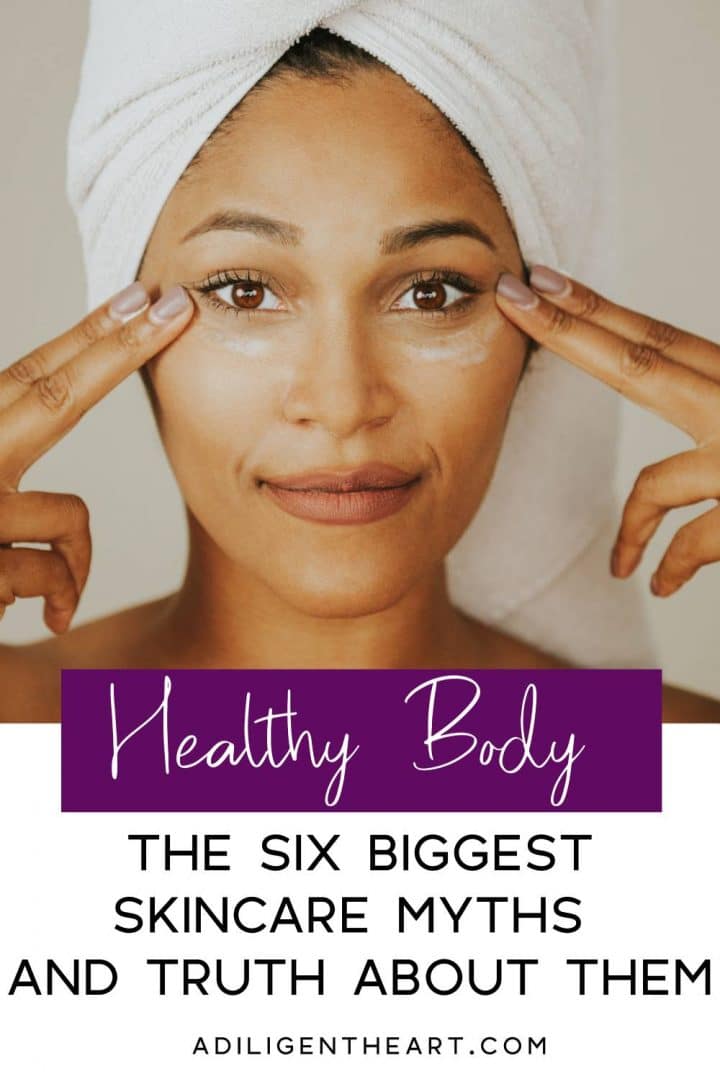
One of the Biggest Skincare Myths is Using Toothpaste for Zits
You’ve probably already seen the suggestion to use toothpaste in other ways than to clean your teeth.
Some people claim that it’s a pretty good method to get rid of acne and treat pimples, but how does toothpaste really stack up?
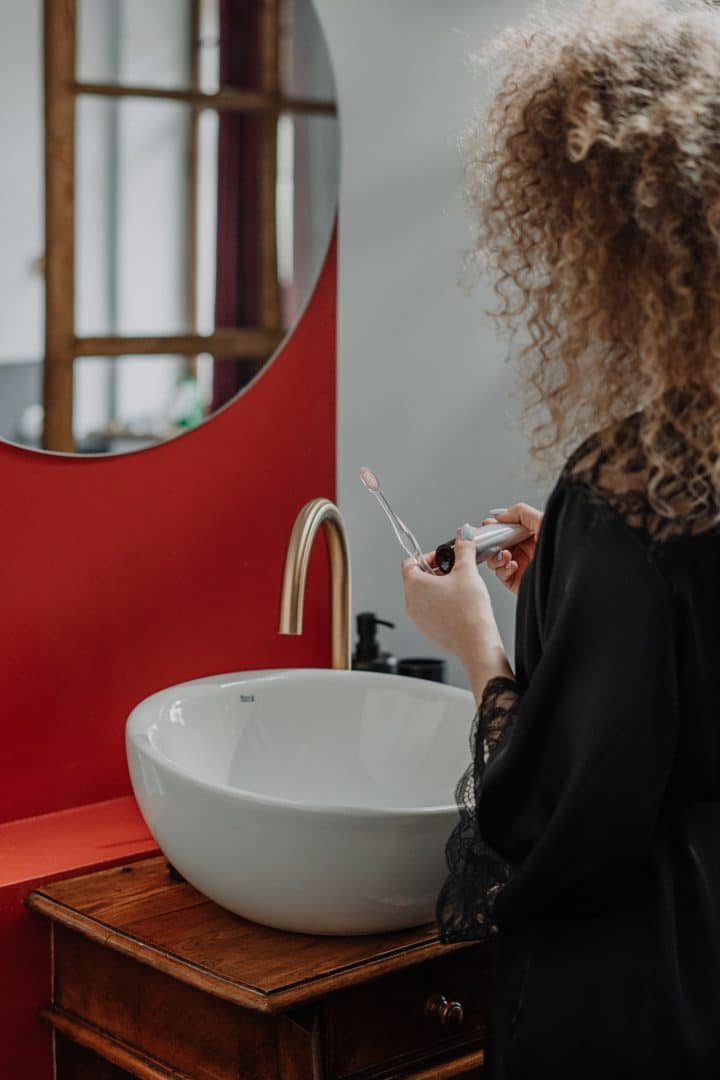
“There are no ingredients in toothpaste that make this method more effective than conventional treatments and over-drying and even burning can occur on the skin from applying it to pimples,” dermatologist Dr. Anjali Mahto mentioned.
Myth: Popping a pimple does more harm than good
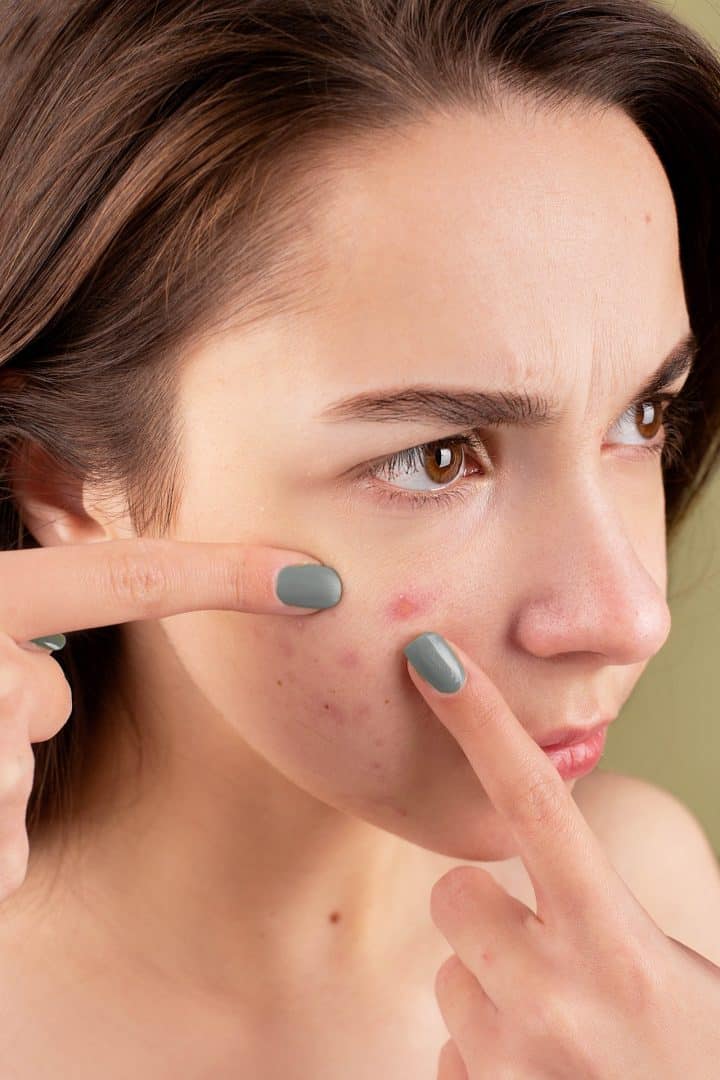
Even though many people will usually pop a pimple if it gets in the way, this myth is absolutely true and it is actually one of the skincare facts you should take note of. In the end, popping them will only end up making things worse.
Yes, you will be able to get rid of some of the pus, but most of it is punched deeper into your skin.
“When it goes in deeper, it causes more inflammation that can lead to scarring and spread under the skin. That’s why you’ll get another one a few days later close to the first one,” says Dr. Johnson.
However, if you really can’t resist popping a pimple, a comedone extractor best at removing it safely with minimal risk.
Myth: The higher the SPF value of sunscreen, the more you’re protected
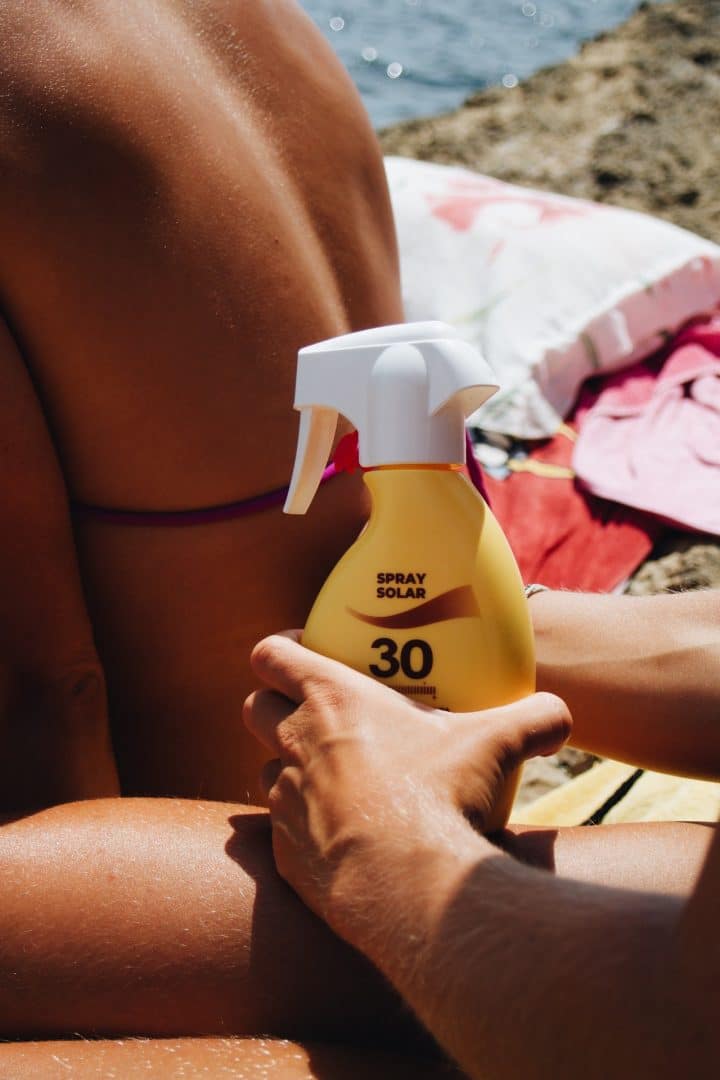
In theory, sunscreen with a higher SPF value (sun protection factor) will indeed be able to protect against a higher percentage of UV rays, but the difference might be smaller than you think.
The absolute minimum sunscreen you should use is SPF15, but doctors recommend a value of SPF30 as it is able to protect against 97 percent of all UV rays.
SPF50 takes it even further and handles 98 percent of all ultraviolet radiation, but the difference often isn’t worth the added price.
What isn’t true, however, is that you can use sunscreen with a higher SPF longer than one with a lower value. Both sunscreens will last for the same amount of time, the former just blocks more rays than the latter. So the next time you have a picnic, you can feel comfortable using both sunscreens.
Myth: Exfoliation by scrubbing prevents acne buildup
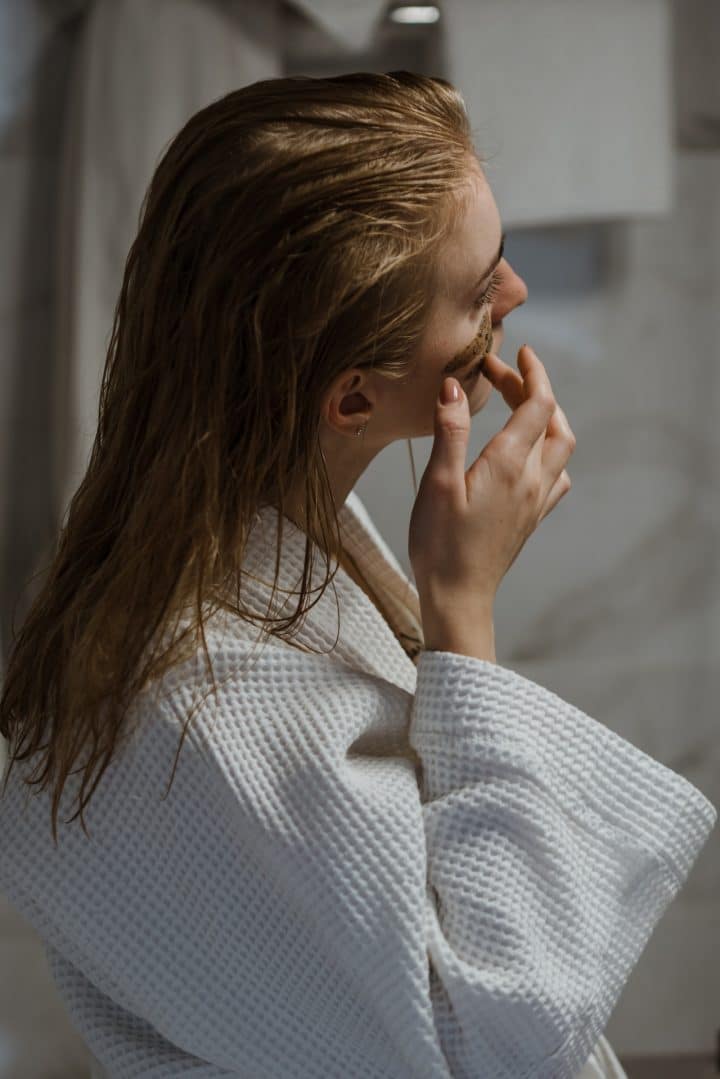
Does exfoliating help with acne? It turns out that too much exfoliation – whether it’s due to excessive scrubbing or by a strong cleanser — is rarely a good idea.
While it may sound logical to attack your acne with an abrasive scrub, you’ll only deal with the problem on the surface of your skin instead of taking care of the root of the problem, which lies in the follicles underneath.
“Acne-causing bacteria lies deep in the follicles under your skin; scrubbing the surface will not make it go away. In fact, it will potentially aggravate the skin more,” esthetician Rhona Robb said to Bioelements.
It definitely can’t hurt to get rid of your dead skin cells and if you feel your skin getting oily – by all means, scrub a little bit, but doing it harshly or using strong products will irritate your skin even more. Less is more.
Myth: Using hot water opens up your pores and keeps them clean

The question ‘does hot or cold water open your pores?’ will finally be answered with this one. The idea of using hot water to open up your skin pores isn’t far-fetched, because after all, it’s basic physics.
Warmth expands, and it’s true that your pores will open up, making it easier to remove blackheads, for example.
However, there is a large ‘but’. The hotness of the water can do more harm than good, resulting in dehydration or increased sensitivity.
“Hot water can dehydrate your skin, cause or trigger existing sensitivity, produce distended capillaries, and even cause your skin to overproduce oil as a defense mechanism,” esthetician Dawn Gantt said to Bioelements.
Myth: Expensive products work better
While this can definitely be true up to a certain degree, many dermatologists and specialists emphasize the fact that most mass market products contain the same ingredients as the pricier products, and are thus just as effective.
A perfect example of exorbitant prices is anti-aging creme, according to assistant professor of medicine and dermatology Jenny Kim.
“Many mass market products are better than expensive ones. If you want to pay for the feel, smell, and package, that’s up to you.”
Takeaway
These are some of the biggest skincare myths that you should cross out from your skincare routine. There are many ways to maintain your skin and the best thing to do is by being gentle with it. See what works best with your skin, whether that’s natural treatments or store-bought ones. Do not try anything without doing further research about it. It’s also the same with using skin care products.
Source: Bioelements, WebMD, Insider